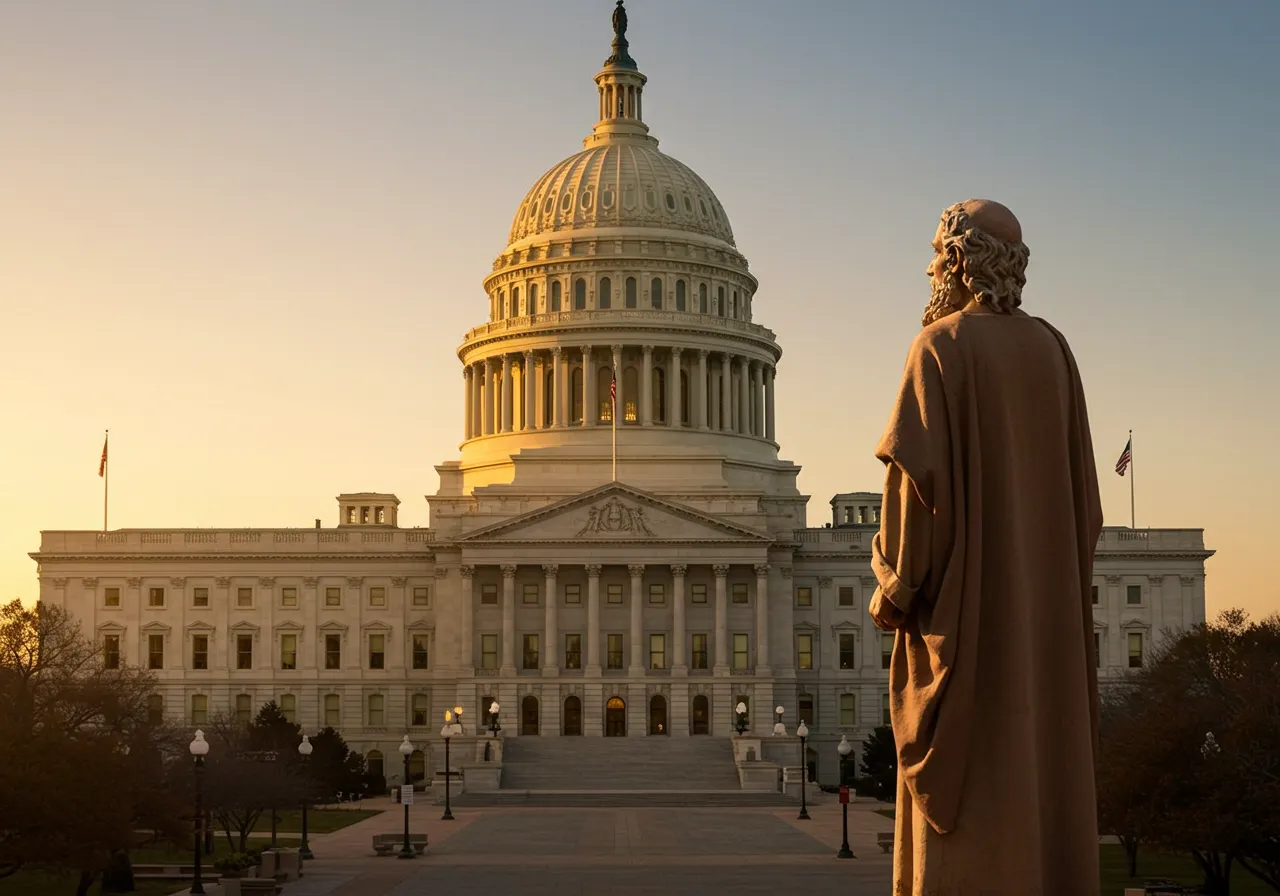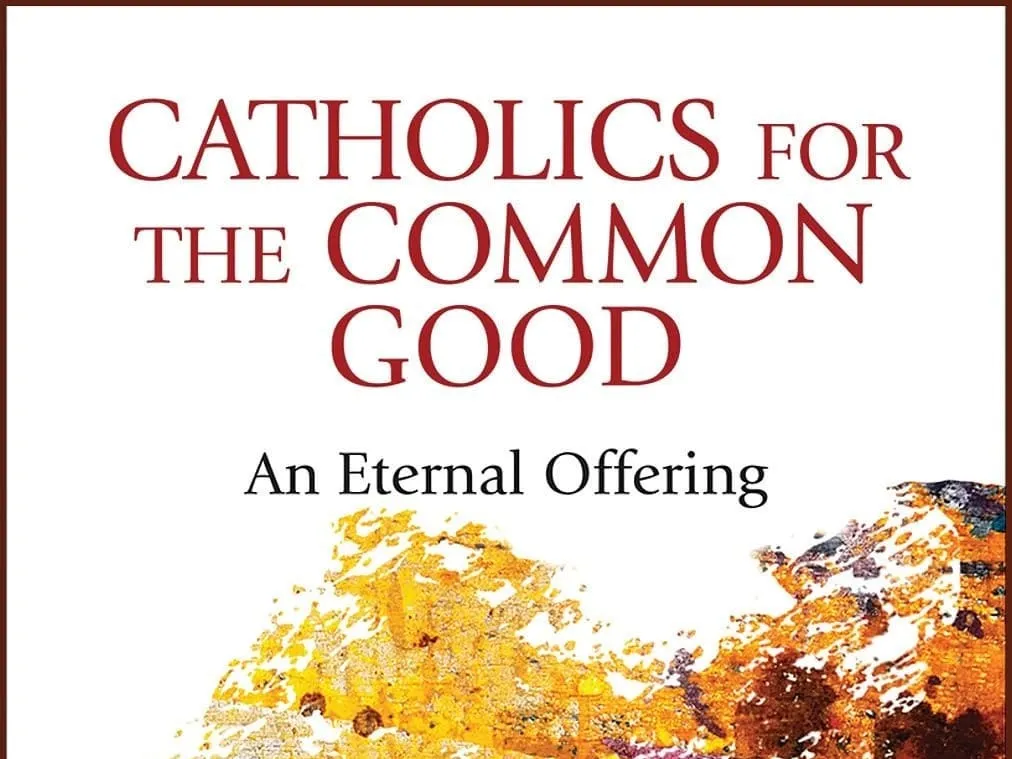The passage of the Laken Riley Act by the United States House of Representatives and Senate has ignited a profound debate about its impact on immigrant communities, especially among Latino communities.
This bill, which has now been signed into law, allows for the mandatory detention of undocumented immigrants accused of minor crimes such as shoplifting, represents an alarming turn toward the criminalization of those who already face significant vulnerabilities, and negatively impacts survivors of domestic violence. I proudly voted “no” in the U.S. House of Representatives, where it was introduced as H.R. 30.
The justification of the law's proponents lies in a tragedy: the murder of Laken Riley at the hands of an undocumented immigrant with a minor criminal record. While her death is undoubtedly heartbreaking, using it as an argument to implement such broad and punitive legislation is problematic. The law not only seeks to punish those responsible for crimes, but also opens the door to the detention and deportation of individuals who have not even been convicted. This contradicts the fundamental principle of due process, a constitutional right that protects everyone in the United States.
The Hispanic community, which makes up the majority of immigrants in the United States, will be one of the most affected by this law. Data from Immigration and Customs Enforcement (ICE) reveals that the majority of crimes committed by undocumented immigrants are minor infractions, such as traffic tickets. However, under the Laken Riley Act, these offenses could become sufficient grounds for detention and subsequent deportation. This not only exacerbates the negative public perception towards immigrants, but also increases fear within these communities, making it difficult for them to integrate and participate in society.
One of the most troubling aspects of the law is its provision that allows state attorneys general to sue the federal government if they believe that immigration policies do not adequately protect their states. This could lead to uneven and chaotic application of immigration laws, as each state could interpret and act differently. Furthermore, the possibility of states blocking decisions by the Department of Homeland Security on the release of detained immigrants represents a clear invasion of federal powers, which could lead to protracted and costly legal disputes.
The law also includes sanctions against countries that do not accept their deported citizens. In the case of Venezuela, for example, where diplomatic relations with the United States are non-existent, this could further complicate the situation for Venezuelan immigrants seeking refuge. These sanctions could extend to the issuance of work and tourism visas, as well as family reunification applications, affecting thousands of people trying to build a better life in the United States.
Proponents of the law argue that it will strengthen public safety and prevent future tragedies. However, data show that immigrants have significantly lower incarceration rates than those born in the United States. Criminalizing an entire population based on isolated cases is not only unfair, but also counterproductive. By fostering fear and mistrust, the law could discourage immigrant communities from collaborating with local authorities, thereby weakening public safety efforts.
Additionally, mass detention of immigrants for minor crimes could overwhelm an already overburdened immigration system. Resources allocated to pursuing immigrants accused of minor infractions could be diverted from fighting real threats, such as organized crime or human trafficking. This is not only a misallocation of resources, but also an ineffective strategy for addressing security issues.
The narrative behind the Laken Riley Act also perpetuates harmful stereotypes about immigrants. By presenting them as a threat to public safety, xenophobic rhetoric is reinforced that divides society and fuels racism. Instead of promoting inclusion and understanding, this law contributes to the polarization and isolation of immigrant communities.
It is critical that Democratic and Republican lawmakers consider the long-term consequences of this law, and work to implement amendments that humanize it. Instead of implementing punitive measures that criminalize immigrants, Congress should focus on comprehensive immigration reforms that address the underlying causes of irregular immigration. This includes creating legal pathways for immigration, strengthening our borders, improving asylum processes, and ensuring that everyone's human rights are respected.
The Laken Riley Act, as written and now signed into law, will not solve the problems of our nation's immigration system. On the contrary, it could exacerbate social divisions and harm thousands of families seeking a better future. It is the responsibility of everyone, from citizens to legislators, to challenge policies that promote injustice and advocate for solutions that reflect the fundamental values of equality and justice for all—values that make America stronger.
Rep. Adriano Espaillat is the first Dominican American to serve in the U.S. House of Representatives and his congressional district includes Harlem, East Harlem, West Harlem, Hamilton Heights, Washington Heights, Inwood, Marble Hill, and the northwest Bronx.









